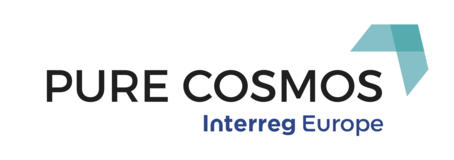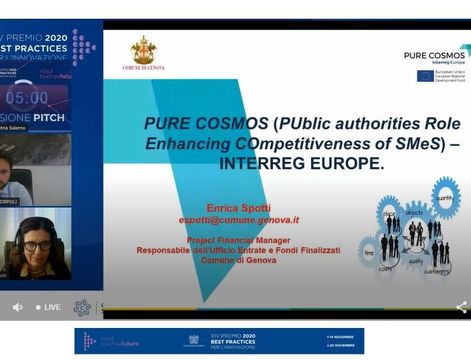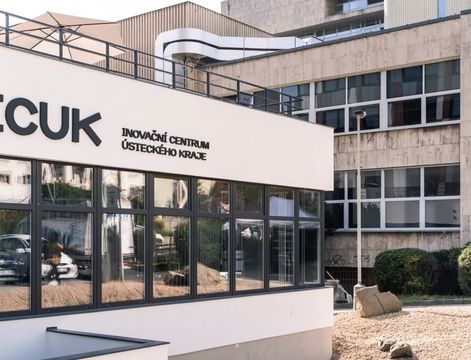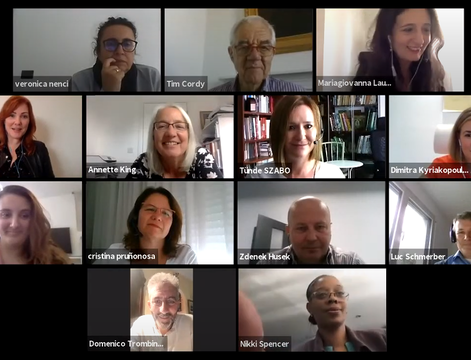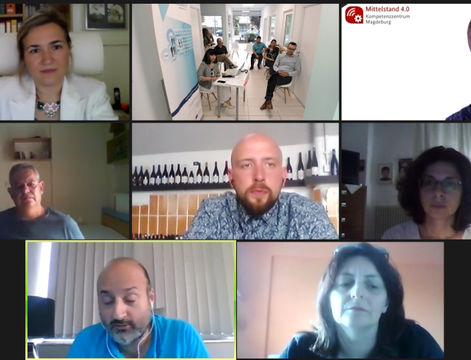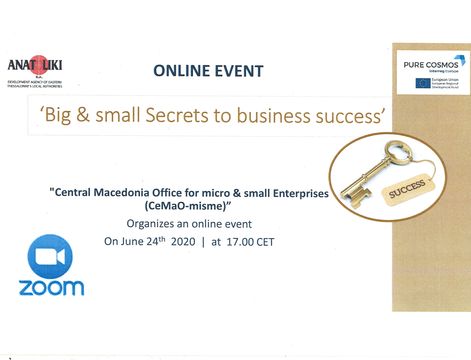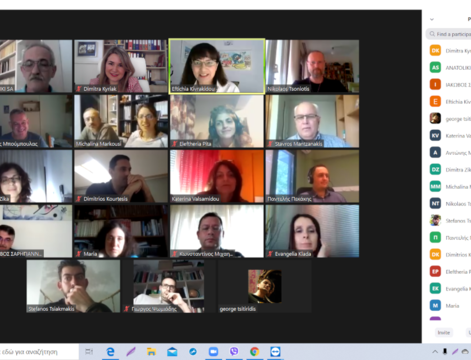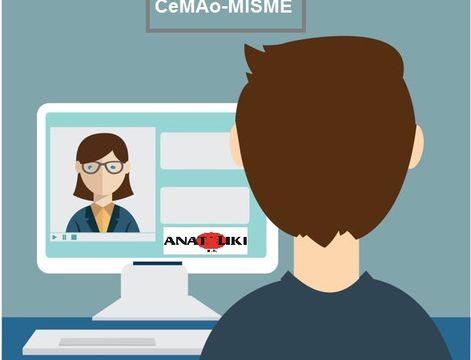The fourth stakeholder meeting took place on 21/3/2018 at the municipality of Genoa. The meeting was attended by various representatives and heads of the municipality and AGID (Italian Digital Agency) including Carletti Alberto and Mauro Bracalari who communicated from Rome, through video call, some news related to PagoPA.
The issues discussed mainly concerned the changes made to PagoPA, by the new Digital Administration Code which, now in its sixth version, includes not only rights and duties that already distinguish the relationship between citizens, businesses and the public administration, but also identifies and lays the legal foundations for new tools and services aimed at strengthening the current ones, also on the basis of the Piano Triennale per l’informatica nella Pubblica Amministrazione.
The new opportunities for all the actors are the following:
Spontaneous payment at the PSP
This payment model, also known as "Model 4", allows the users to pay at the PSPs without being in possession of a notice (analog or digital), but thanks to information that can identify the fees (for example the number of the report for a fine).
The digital service of notification
Recently, the Node has made available the digital notifications service, which can be performed both by the creditor institution and by the PSP in push mode, if the user subscribes to the service indicating their preferences on the channel (SMS, e-mail, mobile PSP app) and specific data (mobile phone number and e-mail address).
The PA must obligatorily implement this service and have the right to replace with it any other type of notification, achieving huge economic savings in printing and mailing.
The Awaited Payments Archive (APA)
The PA must make available to the PSP, through the Node, the archive (database) in which the data of their expected payments (called debit positions) are stored with the associated IUVs. This component is what makes the citizen's dossier possible, the dossier of debts allows the citizen to consult his / her debts towards the PA.
In online payment models, the choice of payment method is governed by the Node, in particular from a centralized component called WISP (Interactive Wizard of Choice of PSP). The WISP was founded with the aim of offering a unique experience to the citizen, whatever the PA to which it is addressed, and to ensure complete impartiality and equal opportunities for competition between the PSP participating in the system.
WISP 2.0 also provides additional support functions that allow to memorize the payment choices made to be able to reuse them in subsequent occasions, or to elect one of the choices as default.
POS and F24 payments
The corrective of the Digital Administration Code published in January establishes that all the electronic payments will gradually flow into the National Payment Node, including those made through POS and F24.
The integration of the currently extra Node payments is of fundamental importance as the benefits achievable, especially during reconciliation, are closely related to the possibility of integrating the payments made through any channel into a single information system.
Finally a brief reference to the latest news on digital citizenship "Digital citizenship" is that set of rights / duties that, thanks to the support of a series of tools (identity, domicile, digital signatures) and services, aims to simplify the relationship between citizens, businesses and public administration. through digital technologies.
The Digital Citizenship Paper ensures the simplification of access to personal services and reduces the need for physical access to public offices.
The pagoPa project acquires great importance since the Digital Citizenship Paper provides the right for citizens to pay using any payment method (including the use of telephone credit micropayments).
OSS (One Stop Shop)
Finally, we discussed the interest of the municipality of Genoa for a unified service (One Stop Shop) similar to that seen in Barcelona and shared within the PURE COSMOS project.
The One stop shop for Productive Activities (SUAP) is the only public reference body for all the proceedings concerning the exercise of productive activities.
All the front-office phases and processes, for receiving the user's practices regarding the production activities and the relative ones, are automated at the SUAP counter competent for the territory where the procedures are collected.
The SUAP follows the electronic submission of the documentation to other administrations and bodies involved in the procedure (Province, ASL, VV.FF, etc.).
In Italy, the portal impresainungiorno.gov, the single-branch network system, is the Single Point of National Contact (PSC) established by the Services Directive, with which the Member States undertake to simplify the procedures and formalities imposed on services when they intend to operate in another European country.
